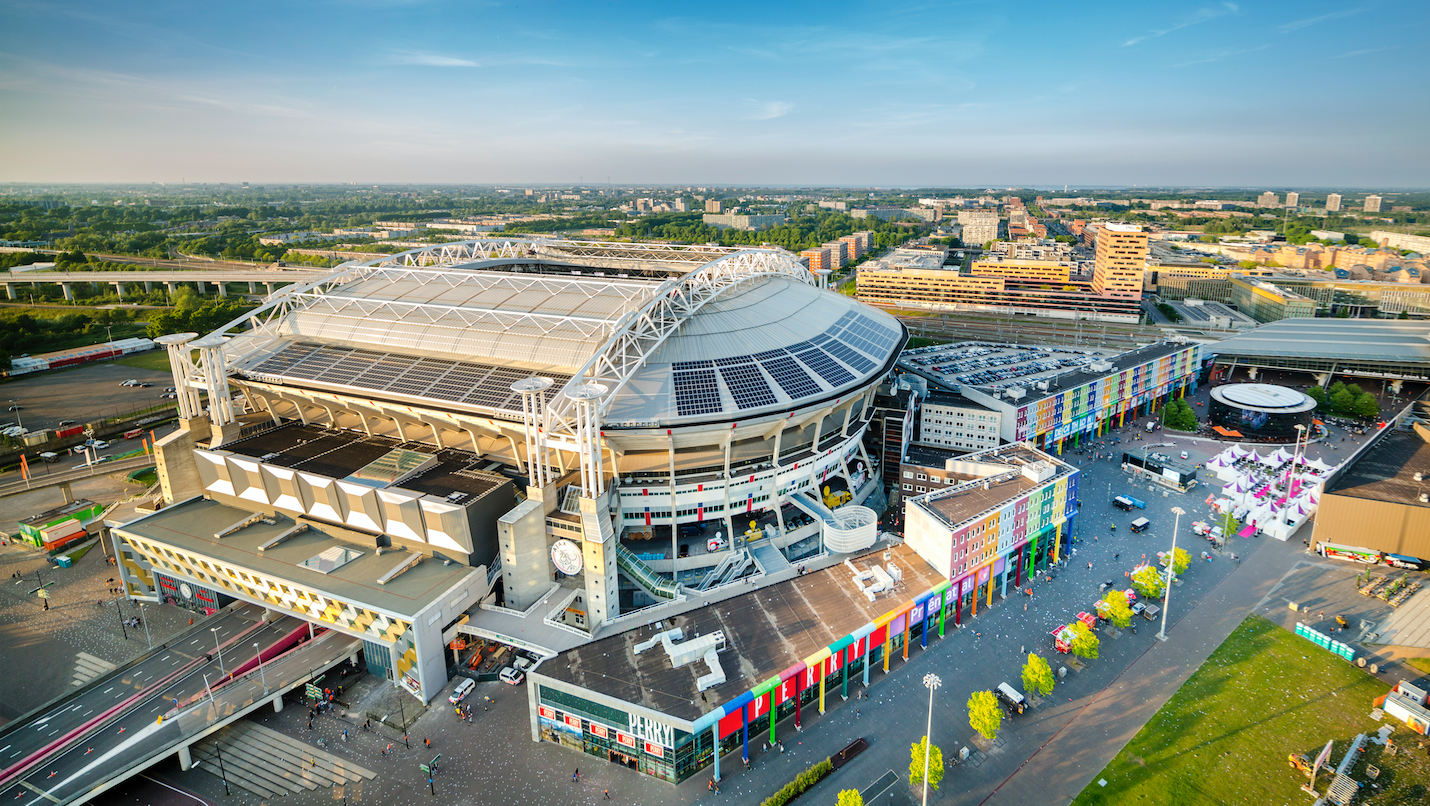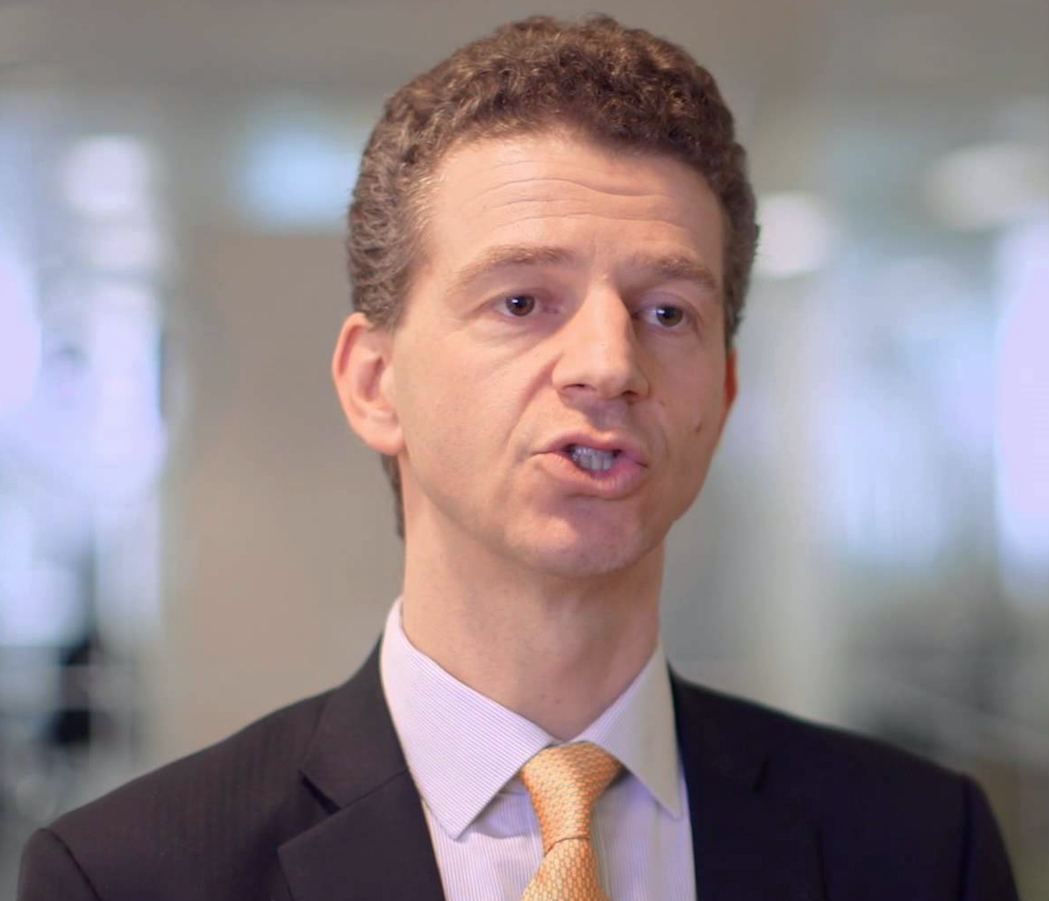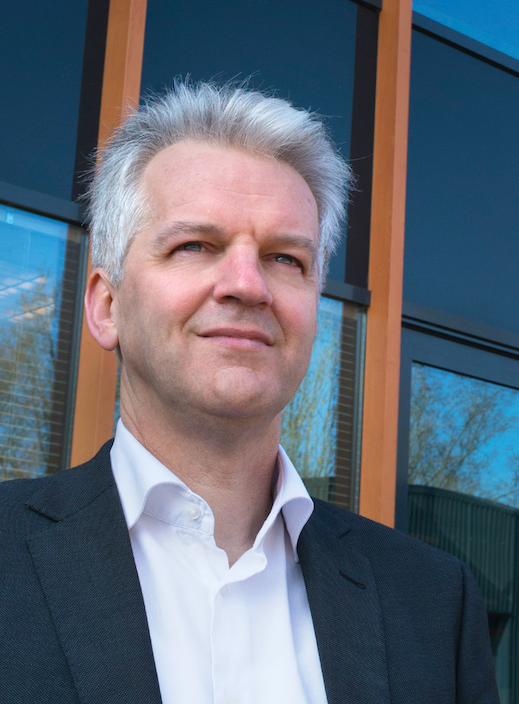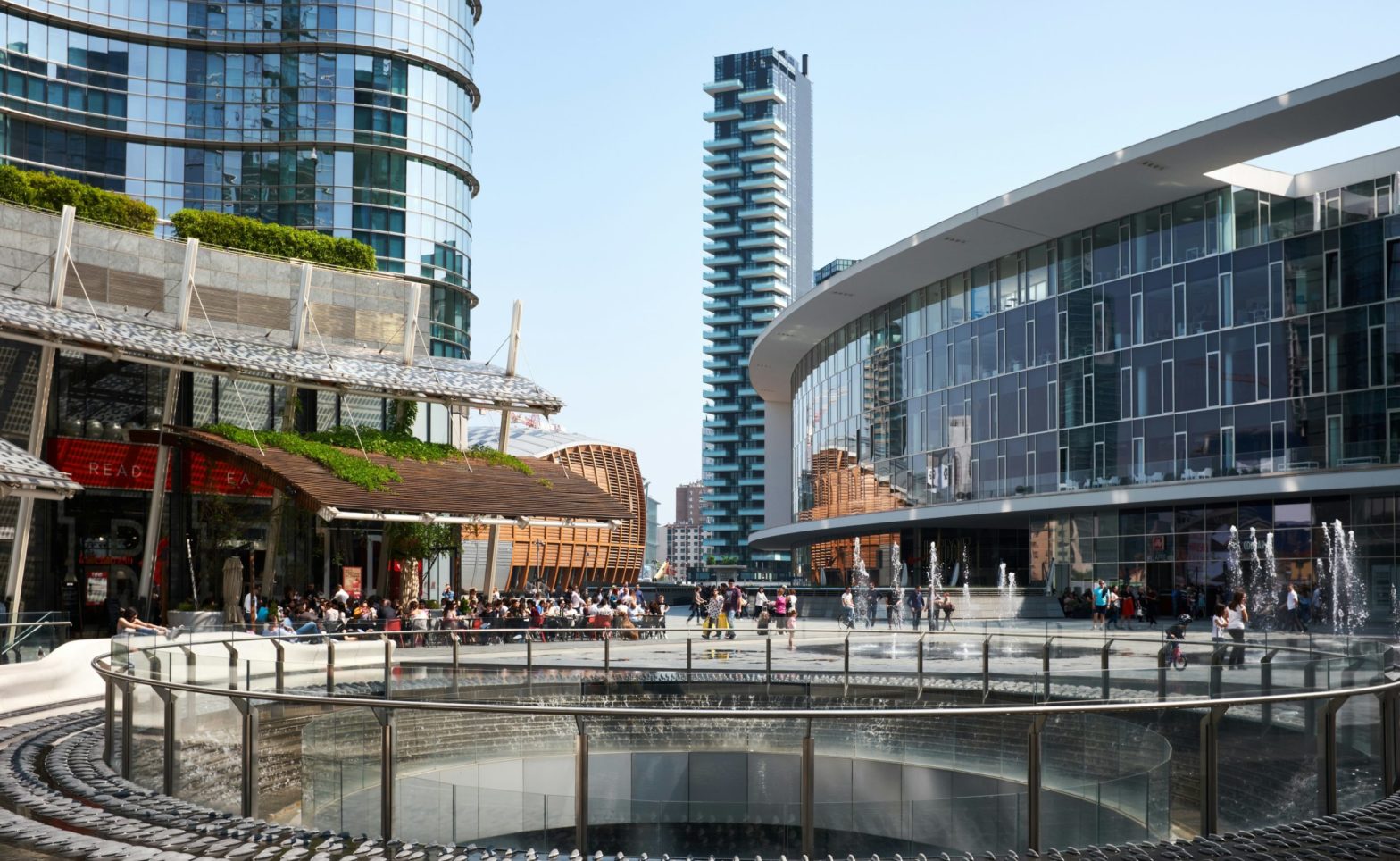
Photo: Screen-Shot-2016-09-14-at-16.34.10
How Amsterdam is building a zero-emissions city
06 September 2016
by Jonathan Andrews
Nick Michell looks at how the World Business Council for Sustainable Development, through its Zero Emissions Cities project, is striving to develop an approach to get cities onto a zero-emissions pathway
Urban areas consume over 70 percent of the world’s energy and contribute 70 to 80 percent of energy-related greenhouse gas (GHG) emissions. Rapid urbanisation will further increase GHG emissions, which is why many city authorities around the world are making ambitious commitments to reduce their emissions over the coming decades.
By working closely with city governments and key solution providers across sectors, the World Business Council for Sustainable Development’s (WBCSD) Zero Emissions Cities (ZEC) partners are developing roadmaps to effectively transform city energy systems towards zero emissions and identify catalytic opportunities to drive implementation.

“When it comes to climate change, cities are key actors,” says Roland Hunziker, Director of the Sustainable Cities project, WBCSD. “Cities need to work together with businesses to solve complex problems, and this requires good management. Business can bring innovative solutions, nance and implementation capabilities. The ZEC initiative aims to show the importance of collaboration in tackling difficult challenges and provide models for new ways of working.”
For this initiative a consortium of solution providers collaborates with city officials and local stakeholders focusing on energy infrastructure, buildings, smart mobility/logistics and green infrastructure to maintain biodiversity and provide ecosystem services.
Under the umbrella of its ZEC project, the World Business Council for Sustainable Development and its member companies Accenture, Arcadis, DNV GL, ENGIE, Schneider Electric, and UPS have joined forces with the municipality of Amsterdam and local partners including Amsterdam ArenA, TNO and ING to develop an implementation strategy for selected zero emissions energy initiatives in Amsterdam Zuidoost. The partnership engages stakeholders to develop concrete actions towards achieving a shared zero emissions cities vision.
“We would like to see if input from a global consortium could support the energy transition already taking place with local stakeholders,” says Bob Mantel, Urban Designer, City of Amsterdam. “We’re hoping to end up with a local smart energy system, for local production and exchange. Only collaboration between the energy industry and local stakeholders will bring success. Another goal would be to set up a local renewable energy development and investment body: a renewable energy collaborative where parties don’t pay an energy bill but invest in their own energy system (on district level).”
Cities have a number of motivations for action towards a zero emissions city, which include, improving air quality, reducing energy spending, increasing supply security, and local job creation through clean energy.
Achieving these ambitious goals in a relatively short time frame can’t be accomplished by just incremental improvement. This will require fundamental transformations in the supply, distribution and management of energy systems, combined with major behavioural shifts in how citizens, businesses and governments use energy. It will be vital to present innovative business solutions that bring together different stakeholders, which can then be replicated.
The ZEC initiative will be pivotal in providing a platform for emerging pioneers by eliminating obstructive regulations and setting clear standards to accompany the transition to zero emissions.

“In all of these projects DNV GL offers expertise on energy infrastructures, energy efficiency in buildings, and renewable energy,” explains Frits Verheij, Director Smart Green Cities, DNV GL–Energy, a technical consultancy company involved in the ZEC project. “We are using business case models, calculation tools on a more technical level, and consultancy services including conceptual thinking to develop methodologies, execute feasibility studies and finally set-up new organisations to create a sustainable on-going process deriving zero emissions cities.”
Thee Zero Emissions Cities initiatives is helping the Amsterdam municipality become more efficient at achieving its sustainability goals by encouraging local stakeholders to coordinate and nance their sustainability initiatives toward zero emissions through a central umbrella organisation in Zuidoost: ZO Energy.
Amsterdam ArenA’s Utility Hub initiative, in partnership with TNO, an independent research organisation, and ING, a banking and financial services corporation, is the first concrete result of this multi-stakeholder collaboration, and will help Zuidoost move toward shared use of energy resources and infrastructures. A feasibility study on energy for ArenA and ING’s new headquarters will be conducted to analyse the best approach to make savings.
“Together with the other WBCSD members we are trying to engage local stakeholders at the municipality,” says Niels van Geenhuizen, Programme Leader Sustainability, Arcadis Europe. “Together we developed a vision for this city-area. Based on this vision we initiated and developed several projects, including the Utility Hub, and are developing an organisation structure. What we have realised is that a local energy organisation can play a very influential role in being responsible for the task of moving a city area towards zero emissions.”
Thee work on ZO Energy is still in the feasibility study stage, but it is already clear that to channel investments into energy efficiency and renewable energy at scale, involving many different parties, coordination by a central organisation is needed. If the concept can be shown to work in Amsterdam, then it can be replicated to other cities.
Engaging all stakeholders
Carbon and other emissions affect the liveability of cities’ residents, and, thus, to live and work in a city. Indirectly this has an impact on the attractiveness of a city for businesses, universities and tourists. Cities have to reduce carbon emissions to create a future for the next generations.
Collaboration between citizens, local stakeholders, governments, business and solution providers is crucial in successfully realising Zero Emissions Cities.
Building a scalable plan to facilitate the transformation towards zero emissions is a complex process for city governments. It requires a common understanding of a wide array of inter-connected technology and implementation possibilities as well as evolving market dynamics and local stakeholder engagement.
“To reach zero emission goals we need to develop integrated solutions combining different fields of expertise,” states Erik Groen, Project Manager at ENGIE, an electric utility company partnering with the WBCSD. “There is no single party or stakeholder with that expert knowledge in house. Together with the WBCSD members we can take the lead in developing a roadmap for zero emissions, but the involvement and commitment of local stakeholders is crucial to make it successful.”
There is an important opportunity for collaborative engagement with the private sector. Leading businesses that are committed to sustainability and are experienced in delivering effective and innovative solutions can help cities navigate these complex challenges and turn an ambitious emissions reductions goal into a practical path forward; potentially playing a leading role in driving investment and implementation.
Real transition will only be achieved if everyone becomes aware of the impact of the choices people make and alter behaviour. is consciousness and changing behaviour can only occur if effort is put into informing, educating and engaging people on why it is important to counter climate change and achieve zero emissions.
“The WBCSD programme is unique as we combine best in class worldwide expertise with local presence,” says Andrew Waddelove, Senior Sustainability Consultant at Arcadis. “You need to know who lives in the city area, or who the owner of real estate is. You need to speak to city representatives and local companies on several occasions. You also have to engage them in your organisation and fully understand their ambitions and goals, and align these with the project goals. Local stakeholders must invest and engage to make it a success. e transition towards a low-carbon urban economy concerns everyone. It really is a bottom-up process.”
Obstacles
It is vital that cities play a pivotal role in addressing climate change challenges, and to this end almost all cities in Europe have a policy or concrete goals on sustainability, carbon or energy reduction. In all of those policies there are targets for 2020, 2025, 2030 or 2050, especially after COP21 last year in Paris.
The obstacles to addressing and delivering against emissions targets are diverse. Nothing will be achieved without enough political will, and even if the drive to enact change is sufficient, there is often a lack of vision, where initiatives are incompatible or compete with each other.
Financially it is hard to get a project funded. Energy for instance is divided over several parties; if you rent a house, you will not invest in solar panels because it is not yours, the owners will not invest because the renter does not pay for the energy and for infrastructure it is even harder.

“Public opinion and politicians demand quick results, however a move to sustainability is not realised over a short period of time,” adds Erik Groen. “You need to invest at the start while visible results in sustainability and profitability can take years. It is important that ambitions on zero-emission are supported on all levels. Not only on a political governmental level, but by local authorities and stakeholders. These are the ones actually affected and experiencing the impact of changes in daily life. Stakeholder management and acting on a local level is key to success.”
The benefits of emissions reduction are obvious, but not everybody is willing to pay for it, or understands the problem regarding global warming and the impact it could have on their own lives.
Meaningful impacts are not going to be seen in three to five years, highlighting the need to break out of political cycles and commit to long-term investment and commitment. To achieve this governments, businesses and residents must get better at sharing knowledge and identifying what is best for the city, not just individual short-term benefits.
The Zero Emissions Cities initiative shows that to reach strong ambitious goals it is paramount to involve stakeholders with leading business expertise–local, national or international–around the common issue of zero emissions in a city.











